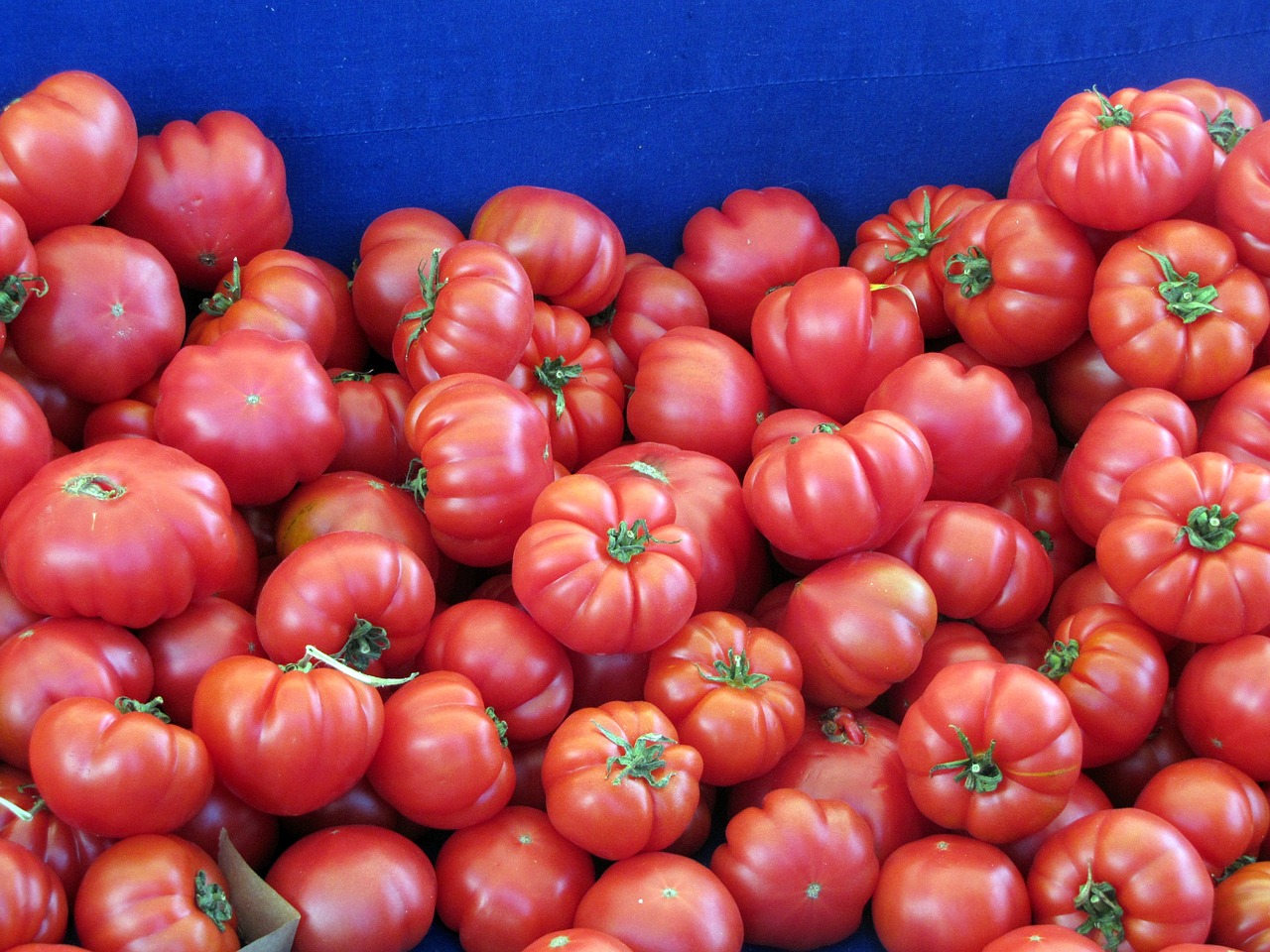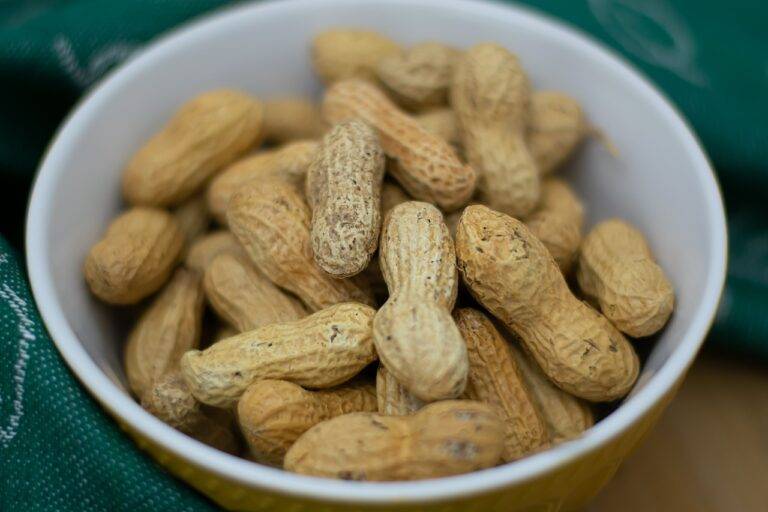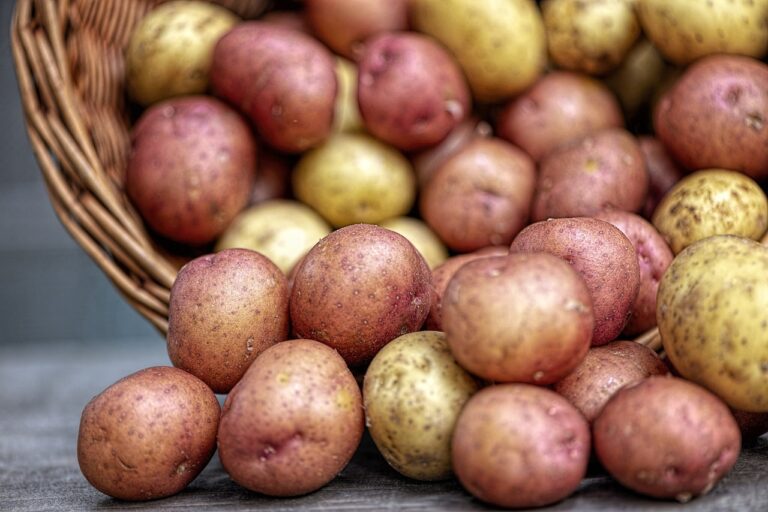Fermented Foods and Intergenerational Learning: Passing Down Wisdom Through Food Practices
11xplay online id, diamondexch9 login, sky exchange registration: Fermented Foods and Intergenerational Learning: Passing Down Wisdom Through Food Practices
In today’s fast-paced world, where convenience often takes precedence over tradition, it’s important to remember the value of passing down wisdom through food practices. Fermented foods have been a staple in many cultures for centuries, not only for their unique flavors but also for their health benefits. Through the art of fermentation, generations have shared knowledge, recipes, and techniques, creating a rich tapestry of culinary heritage.
Fermented foods are teeming with beneficial bacteria that aid in digestion and support a healthy gut microbiome. From kimchi in Korea to sauerkraut in Germany, these foods are not just delicious but also offer a window into the past. The process of fermentation involves the transformation of sugars and carbohydrates by microorganisms like bacteria and yeast, resulting in a tangy, probiotic-rich food.
As we delve into the world of fermented foods, we uncover a treasure trove of intergenerational learning. Grandmothers pass on their prized recipes to grandchildren, mothers teach their daughters the art of pickling, and fathers share the secrets of brewing kombucha. Each batch of fermented food carries with it the wisdom of those who came before, creating a sense of connection and continuity across generations.
One of the key benefits of fermenting foods is the preservation of produce. Before the advent of refrigeration, fermentation was a crucial method of food preservation. By creating an acidic environment through fermentation, harmful bacteria are inhibited, allowing the food to be stored for extended periods. This knowledge has been passed down through generations, ensuring that seasonal produce can be enjoyed year-round.
In addition to preservation, fermented foods offer a myriad of health benefits. The probiotic bacteria present in fermented foods help to populate the gut with beneficial microbes, promoting a healthy digestive system. This, in turn, can boost immunity, improve nutrient absorption, and reduce inflammation. By incorporating fermented foods into our diets, we can support our overall health and well-being.
As we embrace the tradition of fermenting foods, we not only nourish our bodies but also our souls. The act of coming together to prepare and share fermented foods fosters a sense of community and connection. Whether it’s gathering around a table to enjoy a homemade batch of sauerkraut or swapping fermentation tips with friends, the sharing of food traditions brings people closer together.
So how can we incorporate fermented foods into our own lives and pass down this wisdom to future generations? Start by exploring different fermentation techniques, such as pickling, brewing, and culturing. Experiment with recipes from different cultures and adapt them to suit your taste preferences. Invite family members to join you in the kitchen, sharing stories and techniques as you work together to create fermented masterpieces.
It’s important to remember that fermentation is an art, not a science. Each batch of fermented food will be unique, reflecting the ingredients used, the environment in which it was prepared, and the loving hands that crafted it. Embrace the unpredictability of fermentation, celebrating the imperfections and learning from each batch.
In conclusion, fermented foods offer a delicious way to connect with our past and nourish our bodies. By embracing the tradition of fermenting foods, we can pass down wisdom, recipes, and techniques to future generations, ensuring that the art of fermentation continues to thrive. So gather your loved ones, roll up your sleeves, and embark on a culinary journey through the world of fermented foods.
FAQs:
Q: Are fermented foods safe to eat?
A: When prepared and stored properly, fermented foods are safe to eat and offer numerous health benefits.
Q: Can I ferment foods at home?
A: Yes, fermenting foods at home is a fun and rewarding process. There are many resources available to help you get started.
Q: How long do fermented foods last?
A: The shelf life of fermented foods varies depending on the type of food and how it is stored. It’s best to follow recipes and guidelines to ensure safety and quality.







